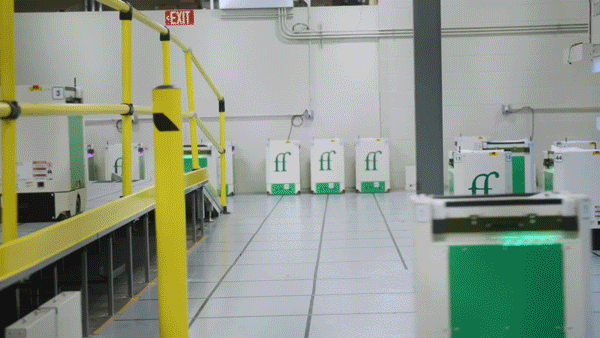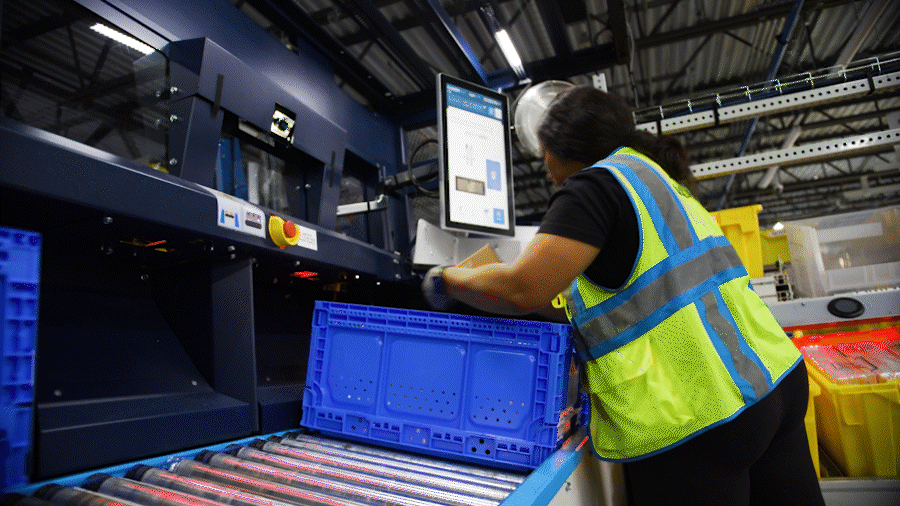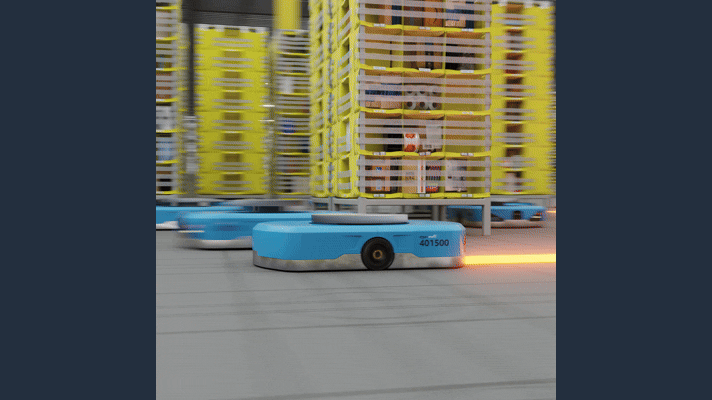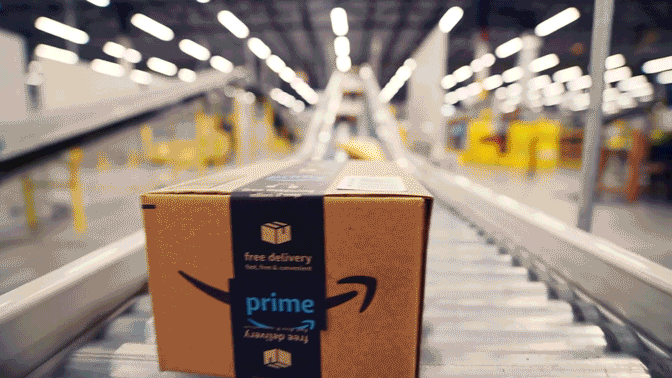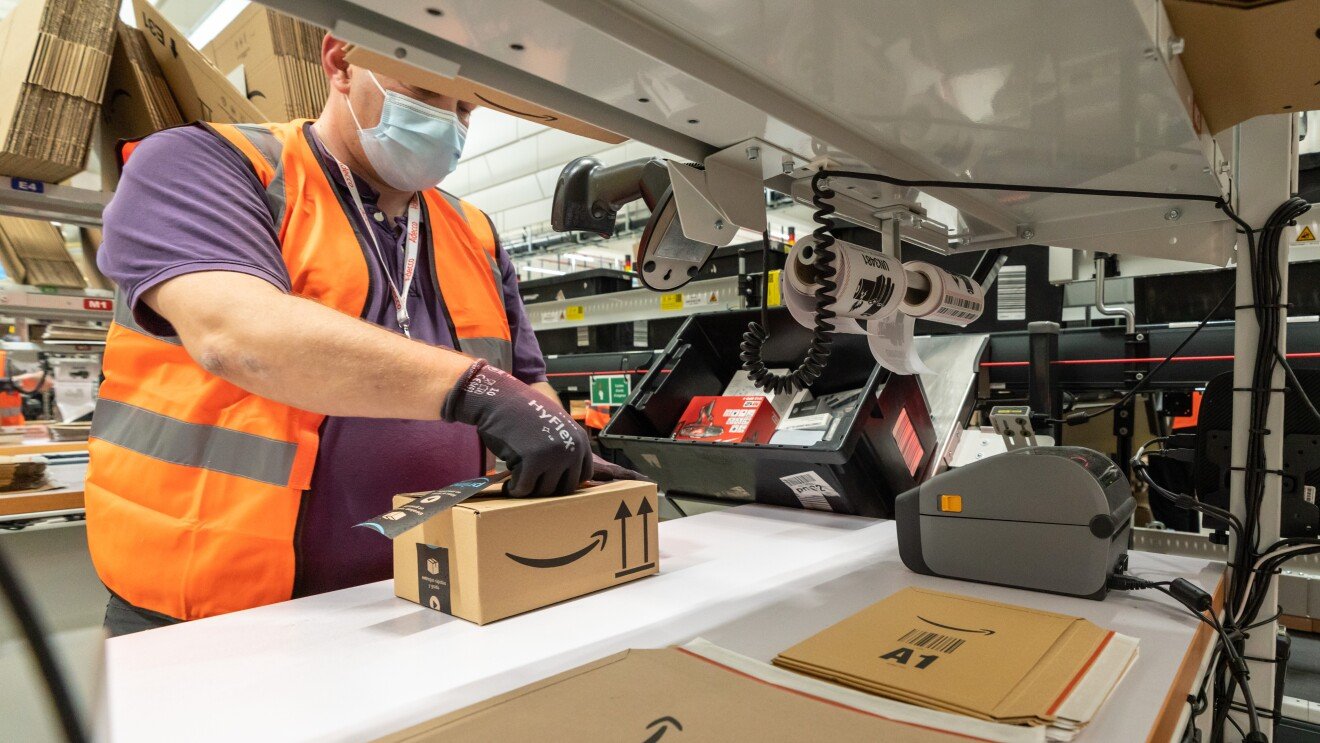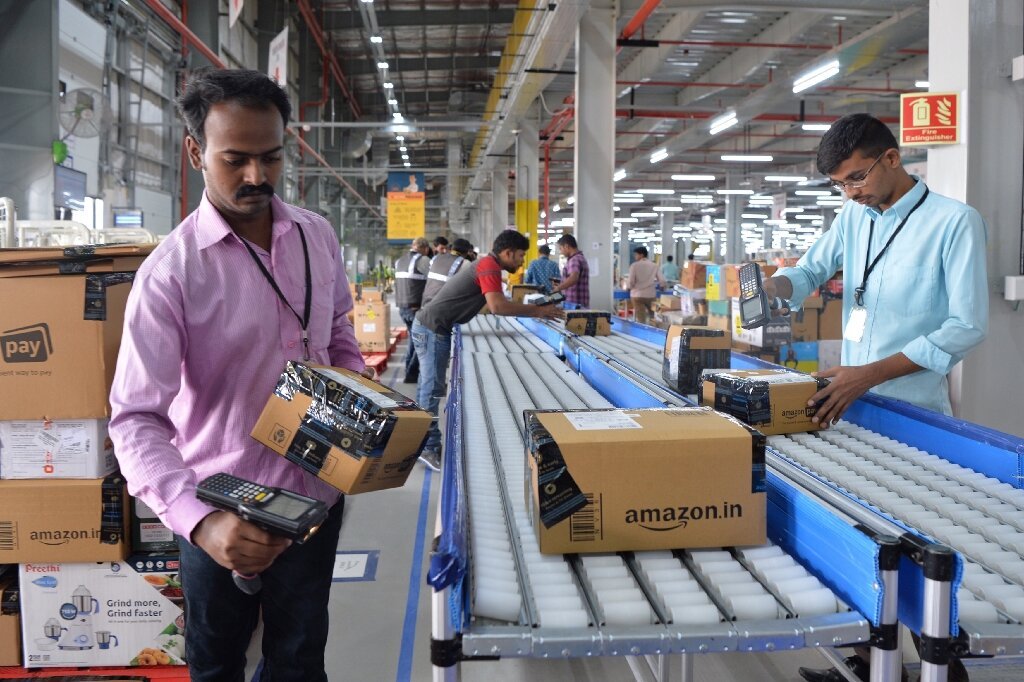130-Foot-Tall Automated Warehouse to Feature 3 Levels of ASRS Cranes
A massive three-level automated warehouse is rising on the outskirts of Istanbul, featuring more than 100 mini-load cranes stacked vertically to achieve exceptional storage density and speed. The high-performance system will handle retail and e-commerce orders and is scheduled to go live in early 2027.
The highly automated fulfillment center—known as the “Tulip Warehouse”—will provide capacity for 2.5 million cartons and serve multiple industries, including apparel, fast-moving consumer goods (FMCG), healthcare, and electronics. Located in Gebze, the new facility will act as a central logistics hub for both B2B and B2C customers, including a major European sporting goods brand.
Three Levels of Automation
What makes this project stand out is its scale and engineering precision:
102 mini-load cranes will operate across three stacked levels, reaching a total height of approximately 130 feet (40 meters).
Nearly 6 miles of conveyor technology—including 2.5 miles dedicated to carton and pallet transport—will connect all areas of the facility.
The system is designed for maximum energy efficiency and continuous throughput across all operations.
Designed for Speed and Reliability
According to İbrahim Buyruk, Executive Board Member of Ekol Logistik,
“This solution enables us to reach a throughput capacity that efficiently serves both our B2B and B2C operations. It represents a significant step forward in supporting our customers’ diverse needs with speed and reliability.”
Automation at Scale
Mini-load crane systems continue to gain traction in modern intralogistics due to their high storage density, modular scalability, and low-maintenance design. The “Tulip Warehouse” exemplifies how automation is evolving beyond single-level systems—achieving higher vertical performance and operational resilience for 3PL providers and their clients.
Company Background
Founded in 1990, Ekol Logistik is one of Turkey’s largest and most diversified third-party logistics (3PL) providers, offering end-to-end supply chain services that include transportation, warehousing, customs brokerage, freight forwarding, and contract logistics. Headquartered in Istanbul, the company operates an extensive national network supported by more than 5,000 employees and over 740,000 m² of warehousing capacity across Turkey and Europe.
Ekol has expanded beyond its domestic market to establish operations in more than a dozen countries across Europe and the Middle East, making it a key regional logistics player at the crossroads between Europe and Asia. The company is known for its intermodal capabilities, combining road, rail, sea, and air freight to offer flexible and sustainable transport options.
In recent years, Ekol has positioned itself as an early adopter of “Logistics 4.0”—a strategy focused on digitalization, data-driven management, and automation. The company has invested in advanced technology platforms such as Ekol 360, which provides centralized control of e-commerce fulfillment and warehouse operations across multiple sites. Its facilities increasingly feature automated storage systems, robotics, and real-time tracking to enhance service reliability and efficiency.
Despite its strong domestic leadership, Ekol has also undergone a period of strategic transformation. In 2024, the Danish transport group DFDS agreed to acquire Ekol’s international transport network to integrate Turkish-European logistics corridors; however, parts of that deal were later renegotiated, and Ekol continues to operate independently within Turkey.
Today, Ekol remains a privately held, innovation-driven logistics provider serving diverse industries including retail, FMCG, healthcare, electronics, and automotive. The company’s new “Tulip Warehouse” project in Gebze represents a major step forward in its long-term automation roadmap—demonstrating how regional 3PLs are embracing high-density, technology-driven fulfillment systems to meet the rising expectations of retail and e-commerce clients.



